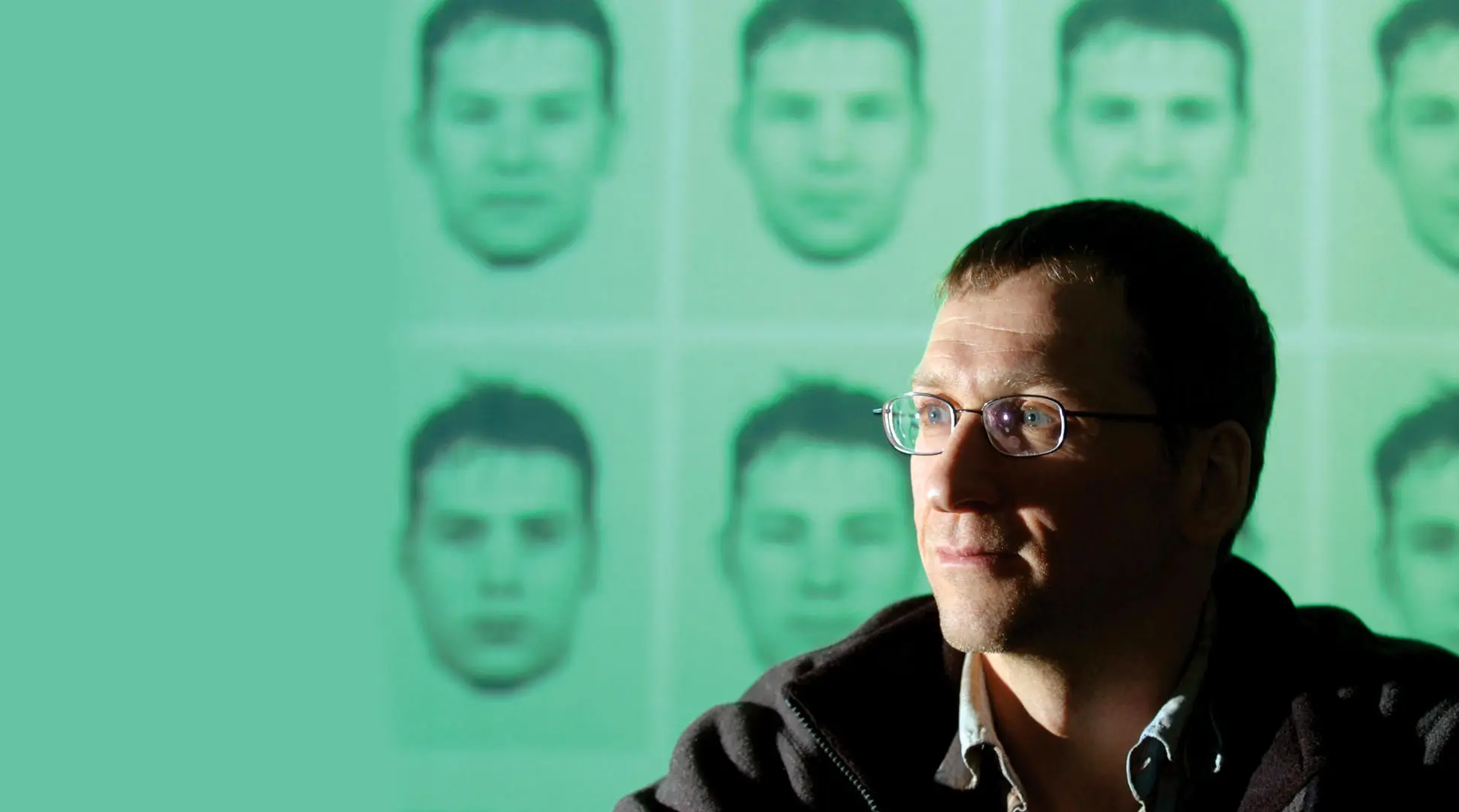In the fight against serious crime police forces worldwide are using advanced digital technology co-developed with the University’s forensic practitioners.
Charlie Frowd, Professor of Forensic Psychology, has co-designed pioneering software called EvoFIT, a forensic instrument that substantially outperforms previous photofit (facial-feature) type methods to help identify criminal suspects.
The EvoFIT facial composite system is used by 26 police forces in 11 countries and has helped with over 2,500 criminal investigations. The system has changed international constabulary practices and directly assisted in the identification and arrest of an estimated 1,500 serious offenders. It greatly improves on previous methods that typically only correctly identified 5% of suspects, whereas police field trials using EvoFIT composites indicate an arrest rate of 60%. The police forces using the system report that it has led to improved conviction rates for serious criminals, made changes in their knowledge and capabilities and, subsequently, changed law enforcement practice.
By adopting EvoFIT, these forces have also improved cost-effectiveness, with one constabulary commenting that an average saving as a result of EvoFIT is 10 days per year per force. In July 2019 it was mentioned as best practice in a Parliamentary briefing for MPs scrutinising judicial evidence procedures.

